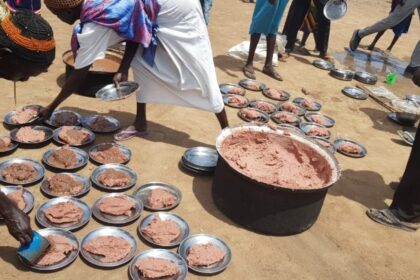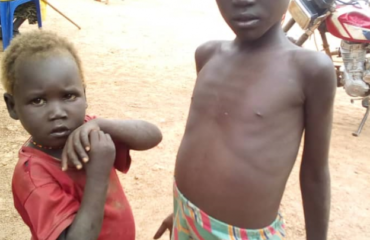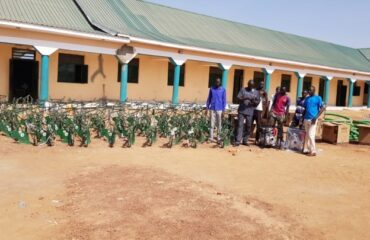
The effects of malnutrition are devastating and far reaching in most communities in South Sudan. It not only causes loss of life, but also weakens immune systems and increases risk of diseases. It lowers the success rate in education and employment, ultimately leading to the loss of productivity and well-being of communities and the nation in particular. It is both a result and driver of poverty and inequality. Christ Mission to the World (CMW) has designed programmes that directly treat and prevent malnutrition. The programme works to develop local capacity for finding long-term solutions, and to influence the local community participation on food production for nutrition security.
Along with our direct nutrition interventions, CMW incorporate nutrition considerations into other areas of her work, even those that previously did not have improved nutrition as an explicit goal in order to address the underlying causes of malnutrition. info. CMW works with partners across sectors such as health, agriculture, education and social protection to create environments that raise good nutrition.
Unfortunately under nutrition takes the greatest toll on young children in most communities in South Sudan as close to half of all child deaths in many communities are related to under nutrition, and this is more than any other cause of mortality in the region. Undernourished children in many communities in South Sudan who survive early childhood are likely to be underdeveloped, and cannot reach their full mental and physical potential. The burden of under nutrition stays with them for life: Underdeveloped children are more likely to have lower education levels and lifetime earnings, as well as increased risks of chronic disease and early mortality. Pregnant women and nursing mothers in most of these communities therefore have special nutritional needs themselves which calls for special attention from the international community, NGOs and governments, but children whose mothers are malnourished before and during pregnancy are likely to be born already malnourished thus creating an intergenerational cycle of under nutrition.


